GLOBAL LOGISTICS
Whatsapp: +86 13510290734
Email: op@sz-junqing.com

With the development of international trade and transportation methods, international freight forwarders have penetrated into every field of international trade and become an indispensable part of them. So what is the development path of the entire logistics chain and what is the current logistics management?
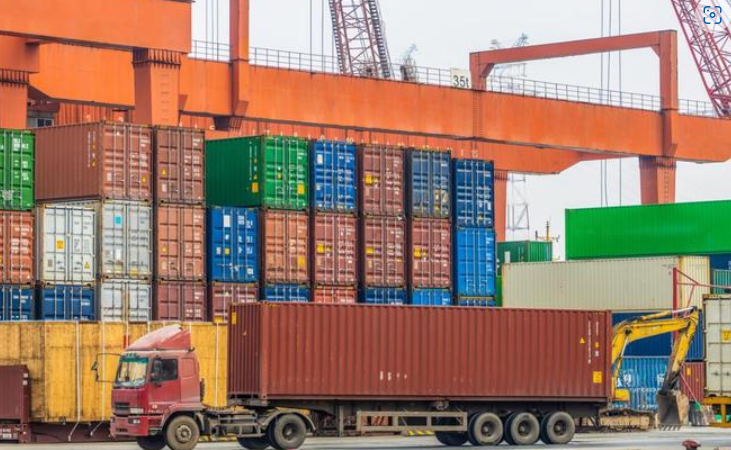
Logistics management originated from the storage and transportation mode and technology developed by the army to transport materials and equipment in World War II. After the war, these technologies were widely used in the industry, which not only greatly improved the operation efficiency of enterprises, but also won more customers for the enterprises. The earliest logistics management is mainly aimed at the distribution part of the enterprise, which requires that after the finished product is produced, the product will be delivered to the customer efficiently and quickly through the distribution center, and the minimum inventory should be maintained as much as possible.
In the initial stage, the logistics management is only to transport the finished product to the place designated by the customer after the production of a predetermined quantity, which is passively to meet the customer's needs, and to realize the optimal use of resources in the field of transportation, and to set up each distribution center reasonably. of inventory. To be precise, logistics management has not really appeared at this stage, and it is still an incomplete form, including only transportation management, warehouse management and inventory management, and only the position of transportation manager or warehouse manager.
Logistics management in the modern sense appeared in the 1980s. People have found that the use of cross-functional process management to observe, analyze and solve problems in business operations is very effective. By analyzing the entire circulation process of materials from raw materials to the factory, flowing through each workstation on the production line, producing finished products, transporting them to distribution centers, and finally delivering them to customers, companies can eliminate many local optimizations that reduce overall efficiency in practice. Behavior.
As an independent functional department, the Department of Transportation always tries to reduce its transportation costs. However, if it sends an order that must be expedited to sea instead of air, it saves freight, but loses customers, resulting in the overall loss of customers. lose. Therefore, the traditional vertical function management is no longer suitable for modern large-scale industrial production, but the horizontal logistics management can comprehensively manage the different functions of each process, so as to achieve the synergy of overall optimization.
At this stage, the scope of logistics management is extended to demand forecasting, procurement, production planning, inventory management, distribution and customer service in addition to transportation, so as to systematically manage the operation of the enterprise and maximize the overall benefit.
Door to Door Shipping from China to UAE
2025-02-25
Although Saudi Arabia has a small population, it has strong purchasing power and supports many Chinese cross-border e-commerce businesses such as jollychic, fordeal, funmart, etc. However, Saudi logistics is a very troublesome problem. This article will i
2022-07-07
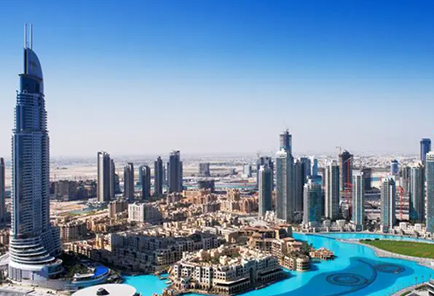
More →
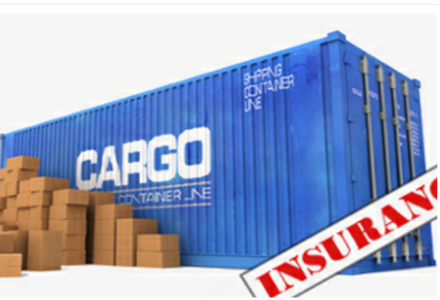
More →
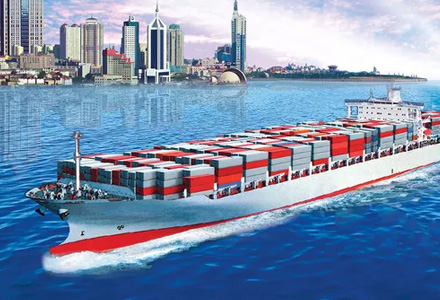
More →
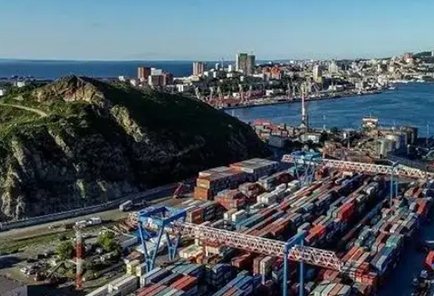
More →
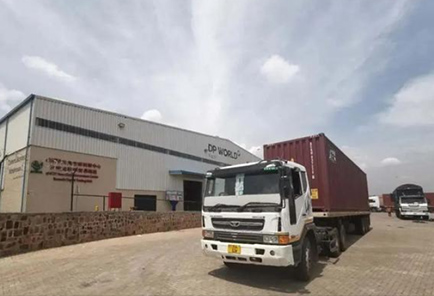
More →
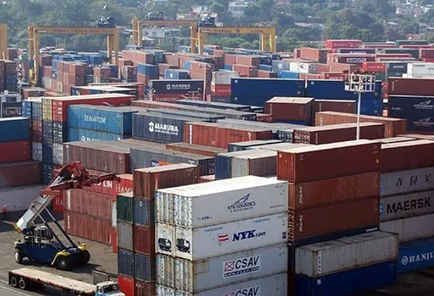
More →
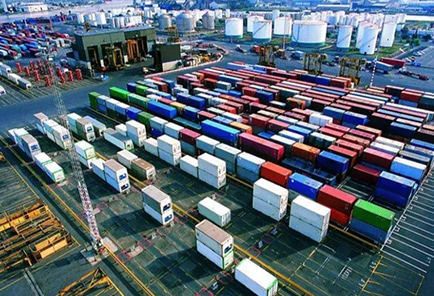
More →